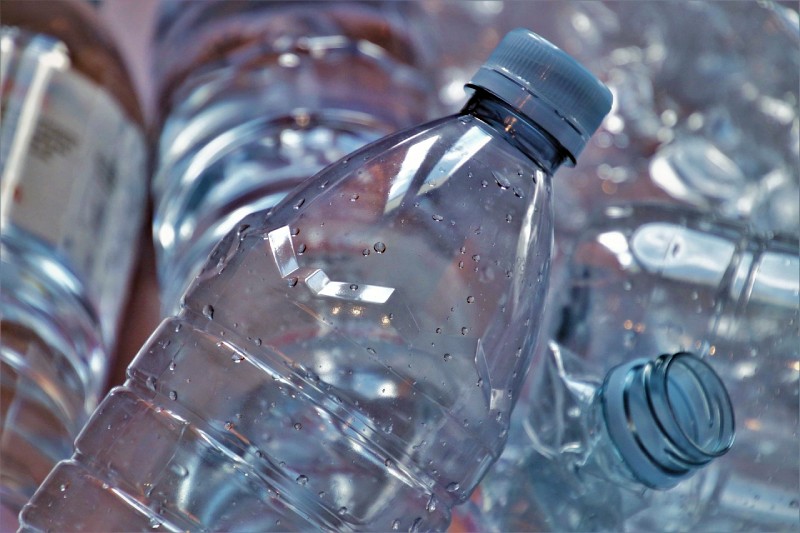
Plastic waste has become a global environmental issue, with one major contributor being the consumption of bottled water. The convenience of single-use plastic bottles has led to their widespread use, but the detrimental effects on the environment cannot be ignored. In this article, we will explore the environmental impact of bottled and plastic waste, shedding light on the severity of the problem.
Plastic bottles are made from petroleum, a non-renewable resource that requires significant energy to extract and refine. The production process generates greenhouse gas emissions and contributes to climate change. Once discarded, plastic bottles can take hundreds of years to decompose, occupying valuable landfill space and polluting ecosystems.
One of the major concerns associated with plastic waste is its impact on marine life. Plastics often end up in rivers, lakes, and oceans, posing a significant threat to marine organisms. Sea turtles, birds, and marine mammals mistake plastic debris for food and can suffer from entanglement or ingestion, leading to injury or death. The accumulation of plastic waste in our oceans has reached alarming levels, causing widespread ecological damage.
Bottled water consumption adds to the plastic waste problem. The convenience of bottled water comes at a significant cost to the environment. Considerable amounts of energy are required to produce, transport, and refrigerate bottled water, resulting in increased carbon emissions. Moreover, the bottled water industry contributes to the depletion of water resources as large quantities of water are extracted to meet consumer demand.
While recycling is often touted as a solution to plastic waste, the reality is that plastic recycling rates are disappointingly low. Many plastic bottles end up in landfills or incinerators, exacerbating the environmental impact. Recycling plastic also consumes energy and resources, and the process itself is not always efficient or economically viable. It is crucial to reduce plastic waste at the source rather than relying solely on recycling.
To combat the environmental consequences of bottled and plastic waste, individuals and society must embrace sustainable alternatives. Reusable water bottles made from durable materials such as stainless steel or glass offer a practical and eco-friendly solution. Additionally, investing in home water filtration systems or using refill stations can help reduce reliance on single-use plastic bottles.
Policy changes and corporate responsibility are also vital in addressing the issue. Governments can implement legislation to limit the use of single-use plastics and promote recycling initiatives. Businesses can adopt sustainable practices, including providing water refill stations and using eco-friendly packaging options.
The environmental impact of bottled and plastic waste is a pressing concern that requires immediate attention. From the pollution of our oceans to the depletion of resources and contribution to climate change, the consequences of plastic waste are far-reaching. By making conscious choices to reduce our reliance on single-use plastic bottles and advocating for systemic changes, we can collectively work towards a cleaner and more sustainable future. Let us strive for a world where the convenience of today does not compromise the well-being of future generations.